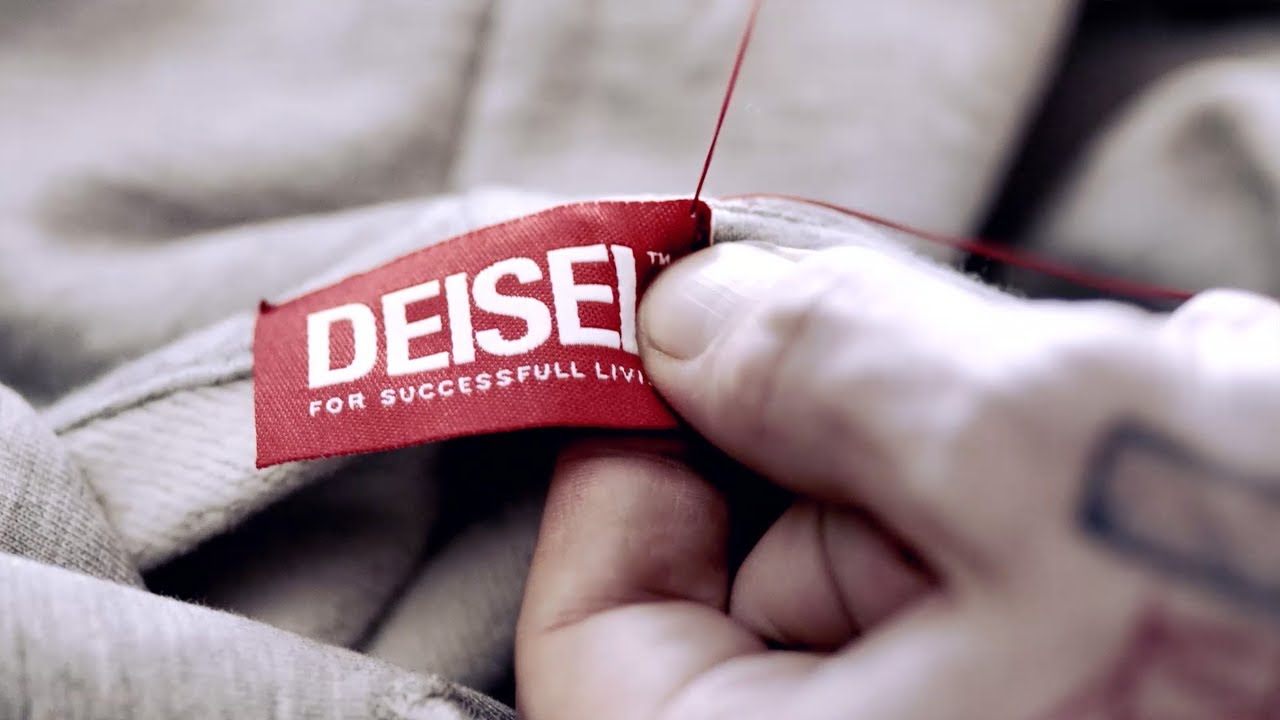Fake news, their impact on corporate reputation and the most effective strategies to respond are a hot topic for lots of companies. There isn’t a single way to stand tall in the post-truth age: we discussed this with Andrea Fontana, CEO at Storyfactory, and Joseph Sassoon, partner of Alphabet Research, during the ‘Exponential Storytelling’ workshop by OpenKnowledge at Milano Digital Week.
What should we do if attacked with a fake news? According to the researchers, we should first of all distinguish whether it is a hostile news, thus a deliberate manipulation of truth to damage a person, a company or an organization, or a false news, which can result from a mistake or a misunderstanding, even in good faith.
In the second case, fact-checking is the most reasonable way to go. Honestly telling our story, backed with facts, figures and evidence-based elements, is usually enough to dismantle and correct the news. With a warning. This strategy might not stop the viral distribution of the fake news, which might move quicker than the amendment, at least in the first steps.
If we’re facing a hostile news, we could ask for legal counsel, being aware of court processes’ length and complexity. Fact-checking could be a good idea even in this occurrence, but some additional caution is needed to avoid flaring it up. When a news about a brand is highly controversial, people tend to polarize between supporters and haters. That’s why trying to convince anybody about our story is quite impossible and could further activate enemies and conspiracy lovers. It might be wiser to address our allied stakeholders, starting from employees and loyal customers, to put things in the right perspective and leverage them to reach the so-called fence-sitters, who do not have an ultimate opinion or are uncertain in their judgement.
Or … we could make it different, thus playing with fakes and mock them, using social media to boost visibility. Diesel did it last February by opening a very peculiar store in New York. In Canal Street, quite popular among shoppers looking for low-cost counterfeited items, it came out as Deisel, appearing with a similar lettering and selling original products, except for fake labels.
People reactions are really funny (here the video about the experiment). Who bought Deisel jeans, expecting them to be Diesel or not, now owns a limited-edition piece, whose value will surely increase over time.
Another interesting case is Miquela Sousa aka Lil Miquela, model and singer who has more than 780 thousand Instagram followers, posts her pictures dressed in top brands, gets tens of thousands of likes and is very requested as influencer and testimonial. Pay attention: Miquela acts as a fashion blogger but she simply doesn’t exist, she is a computer-generated character. Did the unknown artist who designed her want to prove that it is possible to live – and earn – as a real fake?




